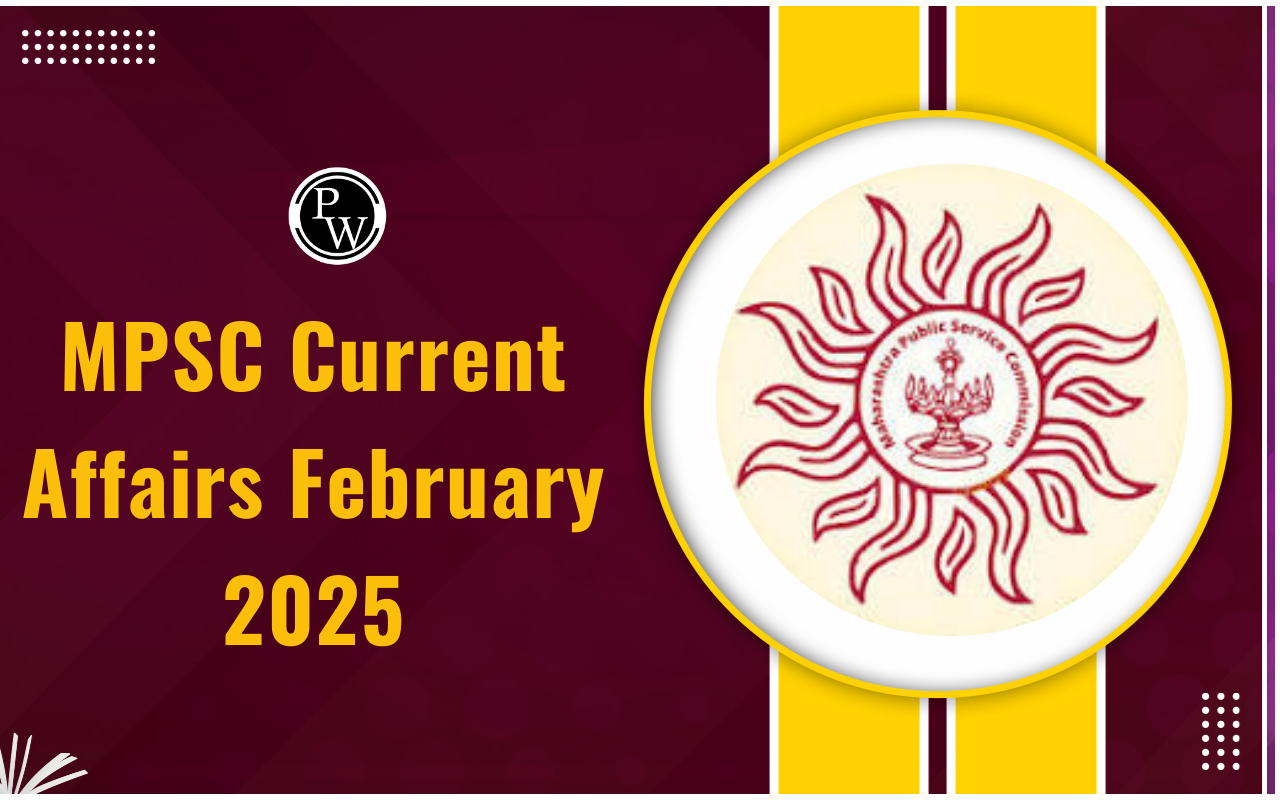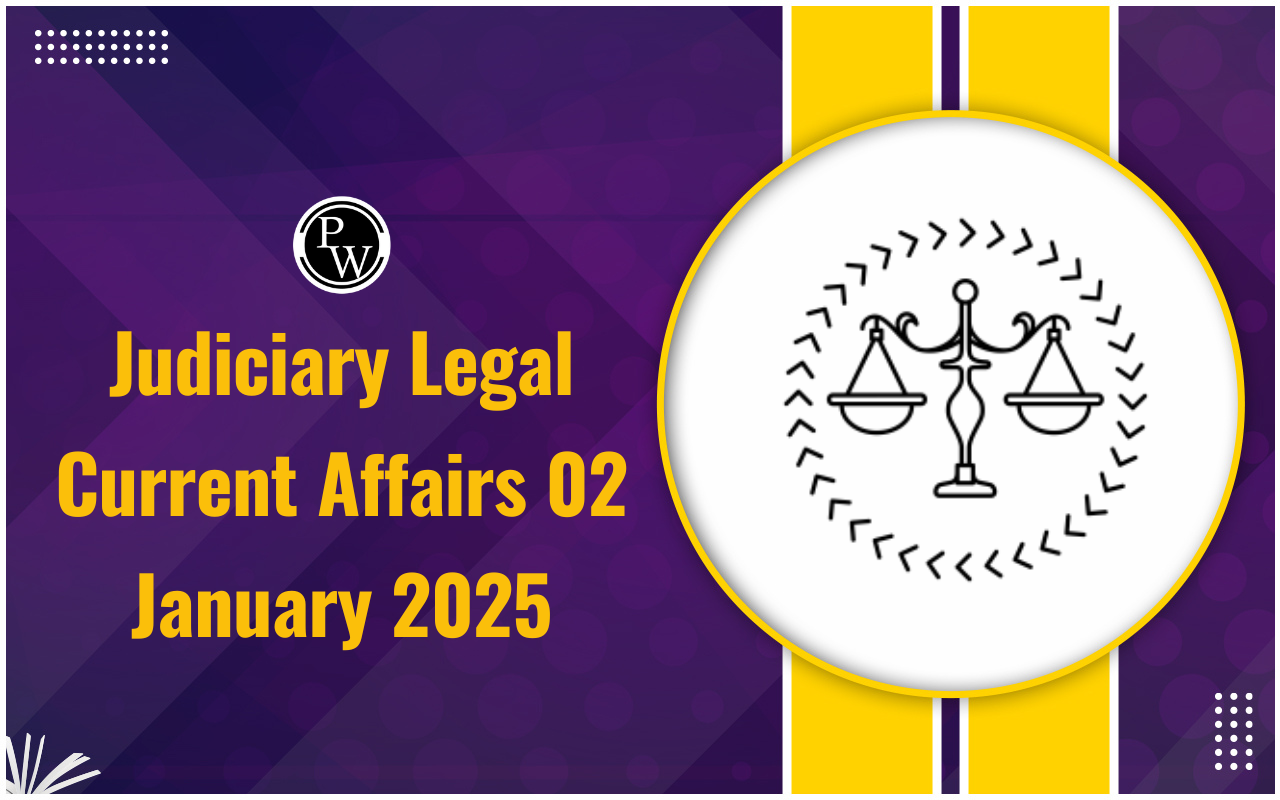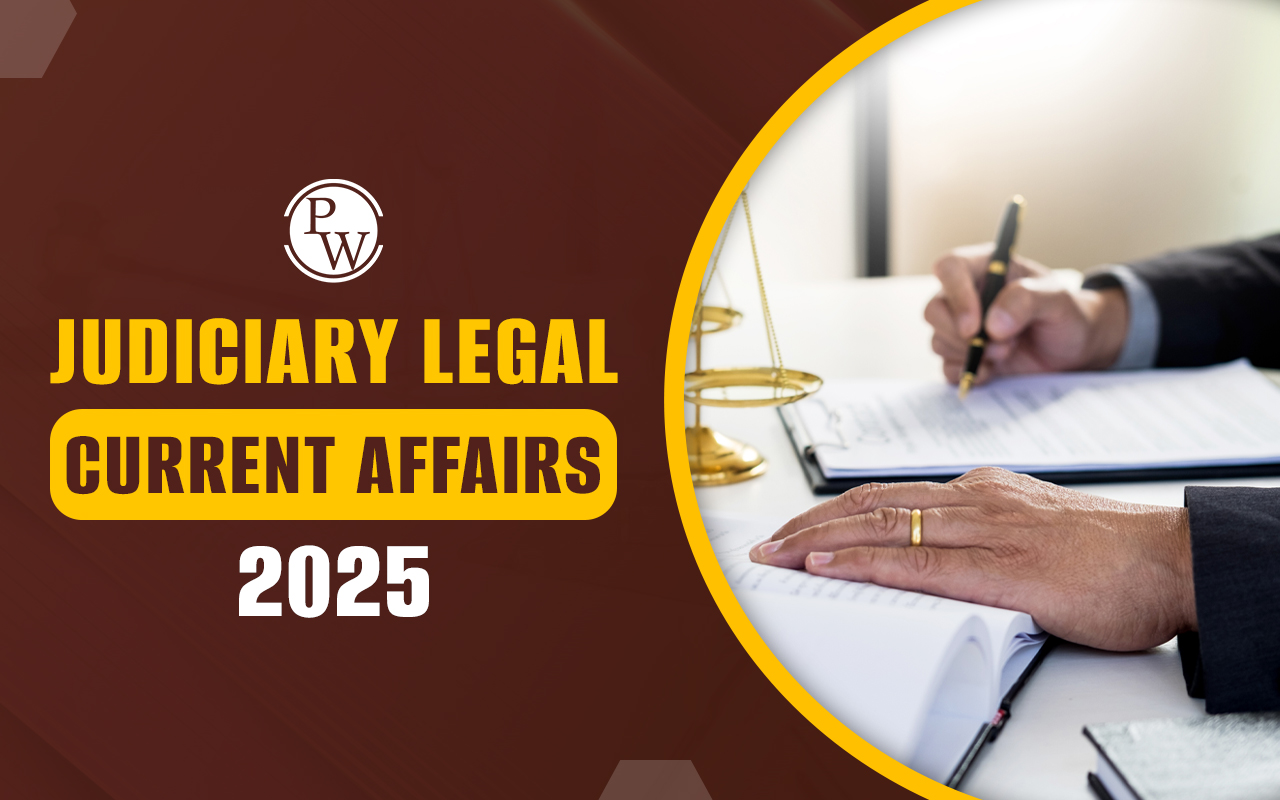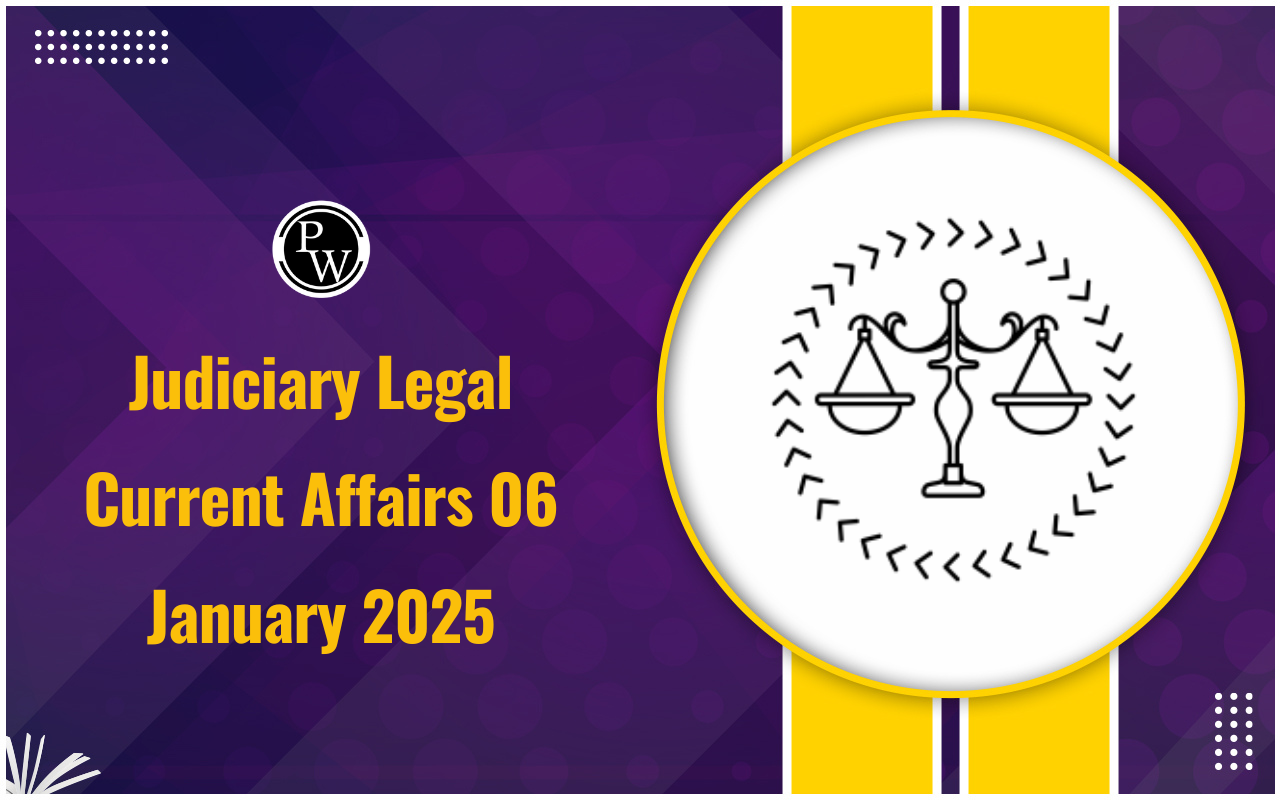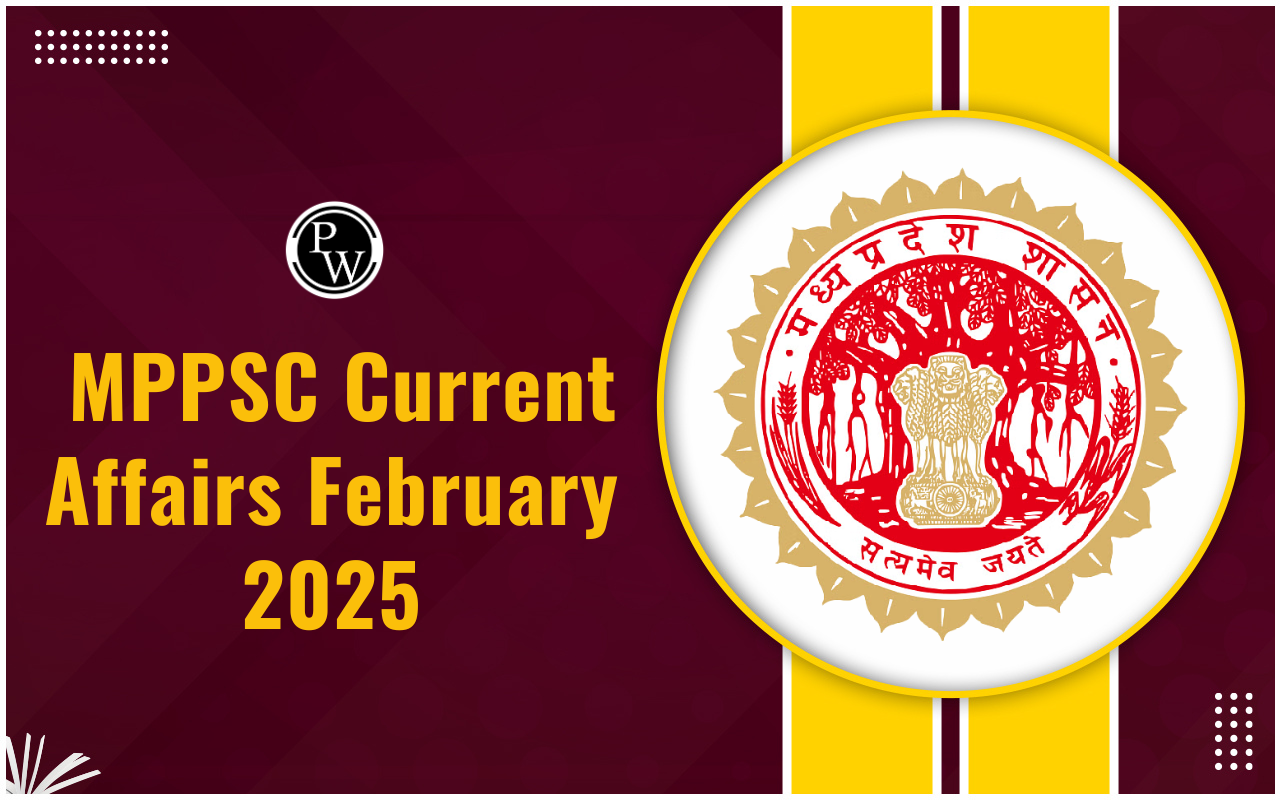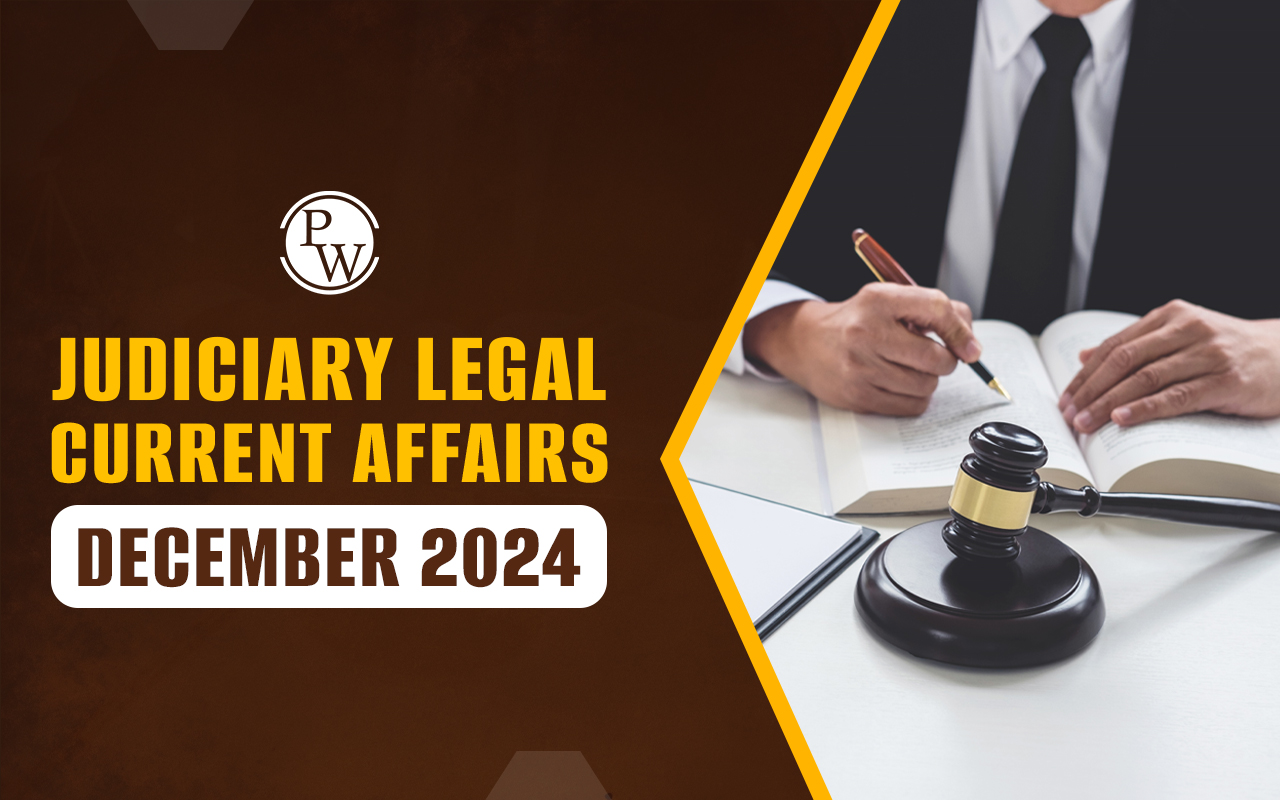
National Insurance Company Limited v. Nim Tshering Sherpa & Another
-
- BENCH : Justice Meenakshi Madan Rai
- FORUM : Sikkim High Court
- TOPIC
- No Requirement To Establish Death Was Due to Wrongful Act of Vehicle Owner In Claim U/S 163A of Motor Vehicles Act : Sikkim High Court
- MAIN ISSUE
-
-
- Regarding an appeal filed by an insurance company
-
- OBSERVATIONS
- The Sikkim High Court recently dismissed an appeal filed by an insurance company contending that the accident was the result of vis major and beyond human control and therefore the said company is not liable to pay the compensation to the claimant, on the ground that in a claim for compensation under of Section 163A(1) of the said Act the claimant is not required to plead or establish that death was due to the wrongful act or neglect or default of the owner.
- The single judge bench of Justice Meenakshi Madan Rai further observed that where there is no specific order of the Motor Accident Claims Tribunal (MACT) under Section 170 of the Motor Vehicles Act, 1988 (MV Act), the grounds for the Appeal are to be confined to the parameters prescribed in Section 149(2) of MV Act.
- The brief facts of the case are that on September, 18, 2011, a Maruti Suzuki Taxi vehicle driven by one Bikash Pradhan in which, the father (deceased) of the Respondent No.1 was travelling with other occupants was hit by boulders, that rolled down the hillside, after being activated by the occurrence of an earthquake at that time. Consequently, the vehicle careened off the road into the river, flowing below, in which all the occupants, except one Nim Lhamu Sherpa, were swept away by the river.
- Eleven years had passed since the date of the accident and as the bodies remained unrecovered it was presumed that they all perished in the accident. The Respondent No.1, the son of the deceased filed a Claim Petition under Section 166 of the MV Act before the MACT, Gangtok.
- The cause of the accident was stated to be the vehicle driven at high speed as a consequence of which the driver could not control it when the earthquake occurred and thus, the vehicle was hit by the rolling boulders.
- Respondent No.2, the owner of the vehicle contested the Claim Petition on grounds that the vehicle was properly maintained and mechanically fit to be in service at the time of the accident, when it was being driven by a qualified driver, with a valid and effective driving licence.
- The Appellant Insurance Company, contested the claim and denied its liability to make good the compensation on grounds that rash and negligent driving had not been proved nor was there a death certificate from the concerned authority to establish the death of the deceased in the accident.
- The MACT vide its order dated October 17, 2023, observed that in a case of this nature, a roving enquiry to prove rashness and negligence on the part of the driver is not required.
- It was further observed by the Tribunal that prima facie, there was rash and negligent driving on the part of the driver, which resulted in the accident and consequential death of the deceased. The MACT awarded a compensation of Rs. 14,40,000/- in favour of the Respondent No. 1.
- The Insurance Company (appellant) filed the present appeal before the High Court challenging the impugned award passed by the MACT contending that the Claimant failed to establish the rash and negligent act of the driver.
- It was further argued that the Respondent No.1 ought to have filed a Claim Petition under Section 163A and not under Section 166 of the MV Act.
- On the other hand, the Counsel appearing for the Respondent No. 1 submitted that the appeal is not maintainable as no steps were taken by the Appellant under Section 170 of the MV Act, before the MACT to enable it to assail the judgment of the MACT on all grounds as raised herein.
- It was argued that in the absence of an order under Section 170 of the Act, the appeal is to be confined to the statutory defences as provided under Section 149(2) of the MV Act.
- It was further contended that the point of vis major which is being agitated in appeal, was in fact never raised before the MACT and new grounds cannot be urged in appeal.
- Considering the submissions made by the parties, the Court framed the following questions for consideration:
- Can a new ground be urged in Appeal when it was not raised before the MACT?
- Is the Appeal maintainable sans an application and consequently an Order under Section 170 of the MV Act, 1988, to enable the Appellant to raise grounds in Appeal beyond those prescribed under Section 149(2) of the MV Act?
- The Court noted that the question of vis major was never raised by the Appellant before the MACT.
- While relying upon the judgments of the Supreme Court in Rajesh Kumar alias Raju v. Yudhvir Singh and Another (2008) 7 SCC 305 and Modern Insulators Ltd. v. Oriental Insurance Co. Ltd. (2000) 2 SCC 734, the Court observed that a new ground cannot be urged in Appeal when it was not raised at all before the MACT. Thus, the Court disregarded the argument of the appellant pertaining to vis major being a new ground in Appeal, as not sustainable in law.
- The Court further relied upon the judgment of the Apex Court in National Insurance Co. Ltd. , Chandigarh v. Nicolletta Rohtagi and Others (2002) 7 SCC 456 wherein it was observed that the statutory defences which are available to the insurer to contest a claim are confined to those provided in Section 149(2) of the MV Act and not more and for that reason, if an insurer is to file an Appeal, the challenge in the Appeal would be limited to only those grounds.
- It was further noted by the Apex Court in the said judgment that unless the conditions specified in Section 170 of the MV Act are satisfied, an insurance company has no right to Appeal to challenge the award on merits.
- Thus, the Court in the present case observed: “…..It is no more res integra that where there is no specific Order of the MACT under Section 170 of the MV, the grounds for the Appeal are to be confined to the parameters prescribed in Section 149(2) of the MV Act.”
- The Court noted that no such petition under Section 170 of the MV Act, was filed by the appellant before the MACT. “The Orders of the Learned MACT, it is trite to mention, consequently bear no indication of Section 170 of the MV Act Petition having been filed or Orders made thereto thereby lending a closure to this point,” the Court noted.
- It was further observed by the Court that in a claim for compensation under sub-section(1) of Section 163A of the MV Act the Claimant is not required to plead or establish that death was due to the wrongful act or neglect or default of the owner.
- “In view of the detailed discussions that have emanated hereinabove, I have reached a finding that the Appeal is not maintainable in the absence of a specific Order of the MACT under Section 170 of the MV Act, 1988, allowing the Appellant to raise all grounds in Appeal,” the Court said.
Mahendra Prasad vs. Smt. Bindu Devi
-
- BENCH : Justice Saumitra Dayal Singh and Justice Donadi Ramesh
- FORUM : Allahabad High Court
- TOPIC
- ‘Free – Willed’ wife Meeting civil Society Members Sans Forming an Illegal Relation Isn’t Cruelty Against Husband : Allahabad High Court
- MAIN ISSUE
-
-
- Regarding a 'free-willed' wife's acts of travelling alone or interacting with members of civil society
-
- OBSERVATIONS
- The Allahabad High Court has observed that a 'free-willed' wife's acts of travelling alone or interacting with members of civil society without engaging in any illegal or immoral relationships cannot be considered an act of cruelty against her husband.
- A bench of Justice Saumitra Dayal Singh and Justice Donadi Ramesh, however, added that a wife's conduct of only seeking to keep alive a legal fiction of her marriage, without any reason to keep alive that relationship, and refusing to cohabit with her husband may amount to cruelty against the husband.
- With these observations, the Court allowed the husband's appeal to challenge a family court's judgment and order dismissing the divorce suit he had instituted. Importantly, the husband had pressed for a divorce decree on two grounds: mental cruelty and desertion by the wife.
- It was the case of the appellant-husband that the parties got married in February 1990, and in December 1995, a male child was born to the parties. The parties resided intermittently for a total of only 8 months and they last cohabited together in December 2001 (as per the wife).
- Both parties admitted that 23 years have passed since they last cohabited, and now they live separately. At the respondent's instance, no proceeding for restitution of conjugal rights had been filed.
- It was the husband's categorical allegation that his wife was in an adulterous relationship with another man, and she, being a free-willed person, would go out of her own to the market and other places and did not observe 'Parda'. He also submitted that his wife used to pass on verbal insults to him due to his poor economic status. He claimed that such acts and other acts constituted cruelty against him.
- Against this backdrop, the HC, in its order, noted that the act of the wife, being free-willed or a person who would travel on her own or meet up with other members of the civil society without forming any illegal or immoral relationship, may not be described as an act of cruelty committed.
- Regarding the husband's argument of alleged verbal insults, the Court noted that it was not disputed that the parties' marriage was arranged and the husband's family status was known to the wife, and still, the marriage was solemnised.
- “ …Normal relations have also existed between the parties. The acts of insults that were allegedly caused by the respondent have neither been described with details of time or place of occurrence, nor such acts have been proven before the learned Court below. To that extent, we find no error in the order of the learned Court below in not acting on the plea of insults caused by the respondent,” the Court observed further.
- Furthermore, regarding the wife's alleged immoral acts, the Court noted that to prove the husband's allegation, no direct or credible evidence was presented to prove that she was actually involved in an immoral act.
- The Court, however, noted that the parties have been living separately for the past 23 years, and the wilful act of the wife and her refusal (even now) to cohabit with the appellant-husband to revive her matrimonial relationship appeared to be an act of desertion committed of degree as may itself lead to the dissolution of her marriage.
- “ Here, we note, the respondent has not only refused cohabitation with the appellant, but she has also never made any effort to seek restitution of her conjugal rights,” the Court noted.
- Accordingly, the appeal was allowed, and the impugned judgment and order of the Family Court were set aside, and the marriage between the parties was dissolved.
Begari Ravi Kumar vs.State of TS
-
- BENCH : Justice K. Surender
- FORUM : Telangana High Court
- TOPIC
- Telangana HC Acquits Rape Convict After Noting That Minor Girl’s Testimony Appeared To Be Tutored
- MAIN ISSUE
-
-
- Regarding a man who was convicted by the trial court for raping a minor girl after taking note of her
-
- OBSERVATIONS
- While acquitting a man who was convicted by the trial court for raping a minor girl after taking note of her, the Telangana High Court observed that the evidence of the child witness in the present case appeared to be tutored who could have been easily influenced by the elders in her family.
- Justice K. Surender in his order said, "The evidence of a child witness can easily be influenced by the elders in the family. Acceptance of the child witness evidence would be dangerous in the present circumstances of the case as the evidence appears to be a result of tutoring. Not examining the 9 father and grandfather of the victim, who were sleeping by the side of the victim girl is fatal to the prosecution case".
- The court noted that as per the deposition of the minor girl–who was around 10-years-old at the time of the alleged incident, the accused forcefully let himself into the room covered her mouth and raped her which made her private parts burn and bleed, while her family was sleeping by her side. The bench noted that the medical record did not support this narration and that the family members who were sleeping in the sole room of the house were not examined.
- Taking note of the relation of the convict-appellant and the girl's family and their inter-se dispute the court said, "The relation of appellant is not disputed. However, the suggestion put to P.W.1 (girl's mother) and P.W.2 (elder brother) regarding disputes about property was denied. Both the father and grandfather of P.W.4 (minor girl) were not examined. As already discussed, the narration of forcible intercourse and blood being found is not supported by either the examining doctor PW.9 or FSL report. PW.1 states that the appellant went to her house while she was sitting at the temple and asked PW.1 to go inside the house, stating that Police were coming. The version projected by the prosecution that the appellant without being seen by PW.1 entered into the house, forcibly committed rape on the victim girl in the presence of four other family members sleeping side by side and thereafter coming out of the house and asking PW.1 to go into the house appears to be made up and the appellant was falsely implicated".
- The mother of the girl had alleged that the accused had forcibly entered her house, when she was sleeping outside the house near a temple, and committed rape on her daughter. Upon entering her house and seeing her daughter in such a condition, the mother immediately woke the other 4 family members sleeping in the room and the minor girl narrated the incident to them. Thereafter, the appellant was called and questioned. The appellant thereafter allegedly confessed to the rape and threatened the mothers and others and went away.
- A complaint was filed and the girl was sent for medical examination. The trial court after considering the evidence of PWs.1 to 4 (mother, elder son, neighbour and minor girl respectively) found that the appellant was guilty of committing rape
- Against this the appellant moved the high court. His counsel contended that the version of the witnesses seemed highly improbable and unbelievable.
- It was contended that it was not possible that none of her family members, who were sleeping in the same room, side by side, were awoken by the commotion. It was also contended that the medical reports also did not point towards a rape having been committed.
- The Public Prosecutor submitted that there is no reason as to why the girl, aged around 10 years, would speak against the appellant. Further, no mother would involve her ten year old child into such incidents at the risk of social stigma that is attached to such incidents, he added.
- The court, after considering the evidence, observed that the prosecution failed to examine the father, grand-father and also another brother of the minor girl, who were sleeping in the very same room, beside her.
- The court said that if the version of the mother and the girl is to be believed, the "appellant had closed the mouth of the girl and committed forcible sexual intercourse resulting in burning of her private parts and blood oozing".
- It said that according to the scene of the offence, the house of the complainant has only one room which is 27 feet length and 17 feet breadth. It noted that the temple is a very small place adjacent to the room of the complainant and an open temple with one statue of the God.
- It then said, "Anybody sitting in the temple would be at a distance of hardly 20 feet as seen from the sketch from the door of the PW.1/complainant's house. If one person enters into the house of PW.1, it would be visible to the persons sitting at the temple. None of the women with whom PW.1 was chatting in the night were examined by the Police, nor identified during investigation.”
- "According to the girl, she shouted when the rape was being committed. In the said room of 27x17 size, when five persons are sleeping it appears to be highly improbable that the appellant had entered into the house without being seen by PW.1 (mother) and committed rape on the girl forcibly resulting in injuries to her private parts and blood oozing from the private parts, without the other persons i.e., father and grand father waking up.
- Until P.W.1 (mother) entered the room, all of them were sleeping except P.W.4(girl). After questioning P.W.4(girl), P.W.1(mother) woke up others," the court added.
- It also noted that the doctor that examined the girl did not find any injuries on her body including "breast, back region or the private parts of the victim girl".
- Though, it noted that the doctor had stated that "blood stains" were found on the frock of the girl, however, the FSL report does not reflect that there were any blood stains on the wearing apparel (frock) which was sent. "No DNA test was conducted to ascertain the blood group of the semen found," the court noted.
- Thus, the appeal was allowed and the accused was acquitted.
AJAY KUMAR v. STATE OF PUNJAB
-
- BENCH : Justice Sandeep Moudgil
- FORUM : Punjab & Haryana High Court
- TOPIC
- Holding Multiple Inquiries on Same Allegations Amount to Violation of Article 21 : P & H High Court
- MAIN ISSUE
-
-
- Regarding anticipatory bail in fraud and Prevention of Corruption Act case to a Junior Engineer posted in Municipal Council Khanna
-
- OBSERVATIONS
- The Punjab & Haryana High Court granted anticipatory bail in fraud and Prevention of Corruption Act case to a Junior Engineer posted in Municipal Council Khanna, accused for committing embezzlement of Rs. 3.17 lakhs.
- Justice Sandeep Moudgil said, "multiple inquiries on same set of allegations would amount to violation of Article 21 of the Constitution of India added with the fact that the petitioner has bona fide intentions and is willing to join the investigation and cooperate for furtherance of the same so that the final report can be submitted by the Investigating Agency within the stipulated period."
- It was alleged that the petitioner Ajay Kumar along with others was involved in committing embezzlement of Rs. 3.17 lakhs by floating tender of Rs. 4.20 lakhs.
- Senior counsel appearing on behalf of the petitioner argued that multiple inquiries on the same set of allegations levelled by the complainant are not permissible in the light of notification dated 01.04.2008 issued by the Director General of Police, Punjab.
- Reliance was placed on Jaswinder Singh vs. State of Punjab and Ors [CRM-M-18244-2008] to underscore that, "multiple inquiries not only cause injustice to the petitioner-complainant but also become a source of abuse, harassment and cause delay in conclusion of criminal investigation and trial”.
- Opposing the plea, the State counsel submitted that there are serious allegations against the petitioner, therefore his custodial interrogation is required.
- After hearing the submissions, the Court said that there's no reason to deny the petitioner the concession of anticipatory bail to the petitioner.
- It is pertinent to note that the High Court had earlier pulled up the Punjab Police officers for initiating multiple enquiries against a man without registering any FIR, prima facie in contempt of the Supreme Court's directions in the Lalita Kumari case .
Vishnukumar Laxmanbhai Prajapati & ORS. v/s State of Gujarat & Anr .
-
- BENCH : Justice Ilesh J Vora and Justice SV Pinto
- FORUM : Gujarat High Court
- TOPIC
- Injuries Insufficient To Cause Death : Gujarat HC Grants Bail To Police Officers convicted For Murder of a boy At an Observation Home
- MAIN ISSUE
-
- Regarding the sentence and granted regular bail to three police officers convicted and sentenced to life imprisonment.
- OBSERVATIONS
- The Gujarat High Court suspended the sentence and granted regular bail to three police officers convicted and sentenced to life imprisonment after being booked for the murder of an 18-year-old boy stated to have been belonging to the Scheduled Caste, in an observation home where he had been kept in 2020.
- In doing so, the Court relied on the post-mortem report and the cross-examination of the Medical Officer wherein it was admitted that the external injuries were simple and not sufficient to cause death.
- The Petitioners had moved the high court in an application for suspension of their sentence and release on regular bail, during the pendency of their appeal challenging the sessions court March 7 order convicting the police officers under the Sections of 302 (Murder), Section 114 (The presence of an abettor at the scene of a crime) IPC and provisions of the Schedule Caste and Schedule Tribes (Prevention of Atrocities) Act. The petitioners had been sentenced to rigorous life imprisonment.
- A division bench of Justice Ilesh J Vora and Justice SV Pinto in its order examined the case records and examination of the Medical Officer who had conducted the deceased's post mortem and had admitted during the cross-examination that the external injuries on the deceased were simple injuries and and the individual injuries were not sufficient to cause death.
- " The witness has also admitted that in the postmortem note, he has not opined as to whether the injuries were sufficient to cause death. Considering the entire evidence of the prosecution, We find that the arguments of the learned Advocate for the applicants deserve consideration and we are persuaded to exercise discretion in favour of the applicants for the purpose of substantive order of sentence," the court said.
- After considering the peculiar facts and circumstances of the case, the backlog of the appeals pending before the High Court, the chance of the appeal being heard in near future being remote, The role attributed to the petitioners, the evidence against them and the fact they have been in custody for a long time, the bench decided to suspend their sentence enlarging them on bail pending adjudication of their criminal appeal.
- The court ordered the petitioners to be released on bail on furnishing a personal bond of Rs 25,000 with surety of the like amount subject to certain conditions. It thereafter disposed of the plea.
- It was stated in the plea that the complainant father's son was caught in an offence of theft and brought to the Observation and Safety Home from where he had absconded on February 3, 2020 and was found by the police thereafter and was handed over at the Observation Home. It was alleged that late at night, the convicted police officers took the minor to the second floor of the Observation Home, beat him with sticks and kicked him leading to serious injuries.
- The complainant's father claimed that he received a call on February 12, 2020 from the police that his son had been arrested and the next day he received a call and was informed that his son had expired. When he went to the hospital, he said that he saw the injuries on the dead body of his son and came to know that his son was beaten and he had expired due to the injuries as he was physically and mentally tortured and beaten by the applicants.
- The plea stated that the trial court had erred in arriving at its finding wherein the trial court had framed the issue whether the "prosecution had proved beyond reasonable doubt" that the deceased "aged 18 years died due to injuries sustained by the beating" of the accused police officers at the observation home. The plea claimed that the trial court erred in appreciating the evidence of the doctor who performed the deceased's post mortem who had said that the injuries were simple in nature.
- The Counsel for the police officers submitted that they have been in custody for over four years and seven months and the case relies solely on circumstantial evidence which does not establish their guilt. It was argued that the postmortem report indicated that it was minor injuries and not the cause of death. He then submitted that there was no direct evidence linking the applicants to the offence, and their identification was based on assumptions.
- Additionally, the deceased had reportedly escaped from a Zonal Safety Home, and the injuries were caused while regaining custody, falling under less severe IPC Sections 324 -Voluntarily causing hurt on provocation or Section 330 -Voluntarily causing hurt to extort confession, or to compel restoration of property).
- The Counsel appearing for the State opposed the bail arguing that the trial court rightly convicted the applicants as they committed serious offence and further requested to dismiss the application
.
Legal Current Affairs MCQ for Judiciary Exam 2025
Q1- X was ill-treated by her in-laws including her husband H. After some time, she decided to leave her in-laws’ house and jumped into a well along with her only child C, who she thought will not. be taken care of by his uncaring father after her death. X jumped into the well along with C C died but X was saved. X is liable for:
(a) culpable homicide amounting to murder under Section: 300 read with Section 302, IPC (b) culpable homicide not amounting to murder under Section 304, Part II of IPC as she had an excuse to jump into the well along with her child C (c) homicide by rash or negligent act not amounting to culpable homicide under Section 304A of the IPC (d) no offence as she had sufficient justification for taking this drastic step because of the marital discordAns. (a)
Q2- Under IPC “Abettor present when offence is committed” is provided under:
Section 113 Section 114 Section 115 Section 116Ans (b)
Q3- In a prosecution for rape, where sexual intercourse by the accused is proved and the woman states in her evidence before the court that she did not consent,
(a) the court may presume that she did not consent (b) the court may regard her evidence as conclusive proof that she did not consent (c) the court may require further proof that she did not consent (d) the court shall presume that she did not consentAns. (d)
Q4- Right to dignity is guaranteed to citizens only under
(a) Article 21 (b) Article 20 (c) Article 19(1)(a) (d) Article 25Ans. (a)
Q5- Which section of the Motor Vehicles Act (MV Act) of 1988 is a provision that requires the owner or authorized insurer of a motor vehicle to pay compensation to victims of accidents.
Section 163A Section 164A Section 165A Section 166AAns (a)
Judiciary Legal Current Affairs FAQs
How many months of current affairs is required for a Judiciary Exam?
Where can I study current affairs for the Judiciary?
How can I prepare for Judiciary current affairs?

